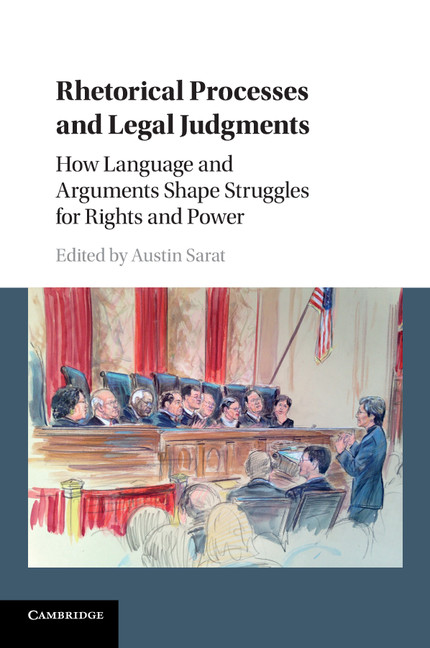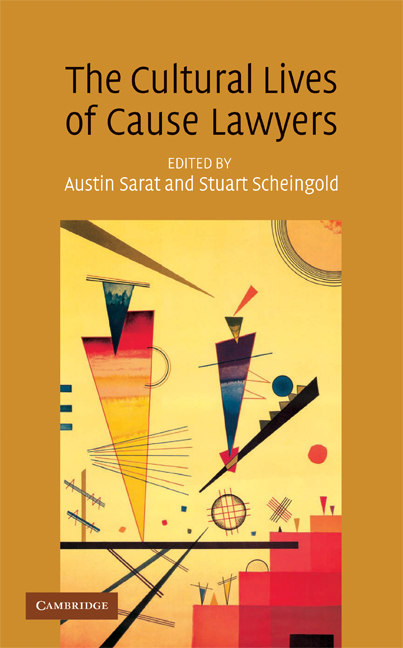States of Violence
The book brings together scholarship on three different forms of state violence, examining each for what it can tell us about the conditions under which states use violence and the significance of violence to our understanding of states. The contributors to this book demonstrate that states of violence thus have a history and sociology. Yet wherever the state acts violently, the legitimacy of its acts must be engaged with the real facts of war, capital punishment, and the ugly realities of death. This book calls into question the legitimacy of state uses of violence and mounts a sustained effort at interpretation, sense making, and critique. It suggests that condemning the state’s decisions to use lethal force is not a simple matter of abolishing the death penalty or – to take another exemplary example of the killing state – demanding that the state engage only in just (publicly declared and justified) wars, pointing out that even such overt instances of lethal force are more elusive as targets of critique than one might think. Indeed, altering such decisions may do little to change the essential relationship of the state to violence. To change that relationship we must also attend to the violent state as a state of mind, a state of mind that is not just a social or psychological condition but also a moral commitment and/or a philosophical position.
- Compares three different forms of state violence that are usually considered separately
- Interdisciplinary
- Brings together scholarship on three different forms of state violence, examining for each, what it can tell us about the conditions under which states use violence
Reviews & endorsements
"This well-rounded collection of essays asks the reader to re-configure how we think of a state’s decision to use violence. It is not about the insistence of its citizens that the state only engage in justified acts of violence or about eliminating capital punishment, but rather how we evaluate the relationship between the sovereign state and its citizens.... It would therefore be remiss, not only for those already interested in issues dealing with states of violence, but also the novice reader, not to pick up a copy of this edited volume since it illuminates a state-constructing narrative and how discussions of 'war, punishment and structural violence,' once discussed separately, can illuminate each other by discussing them side by side."
- Kimberley Fletcher, Law and Politics Book Review
Product details
September 2009Adobe eBook Reader
9780511577345
0 pages
0kg
This ISBN is for an eBook version which is distributed on our behalf by a third party.
Table of Contents
- 1. Introduction: interpreting the violent state Austin Sarat and Jennifer Culbert
- Part I. On the Forms of State Killing:
- 2. The innocuousness of state lethality in an age of national security Robin Wagner-Pacifici
- 3. Oedipal sovereignty Jeremy Arnold
- 4. Consecrating violence Mateo Taussig-Rubbo
- 5. Due process and lethal confinement Colin Dayan
- 6. From time to torture: the hellish future of the criminal sentence Thomas L. Dumm
- 7. The child in the broom closet: states of killing and letting die Elizabeth Povinelli
- 8. Canadian state lethality towards indigenous peoples Mark Antaki and Coel Kirkby
- Part II. Investigating the Discourses of Death:
- 9. Death in the first person Peter Brooks
- 10. Open secrets or, the postscript of capital punishment Ravit Reichman
- 11. Ethical exception: capital punishment in the figure of sovereignty Adam Thurschwell
- 12. No mercy Adam Sitze.















